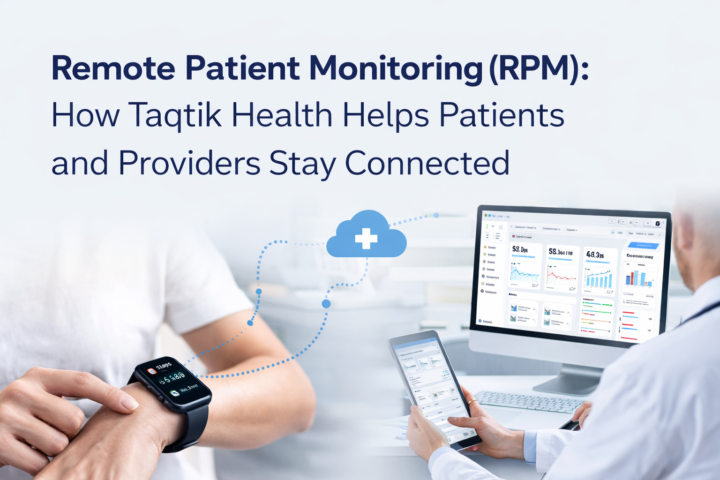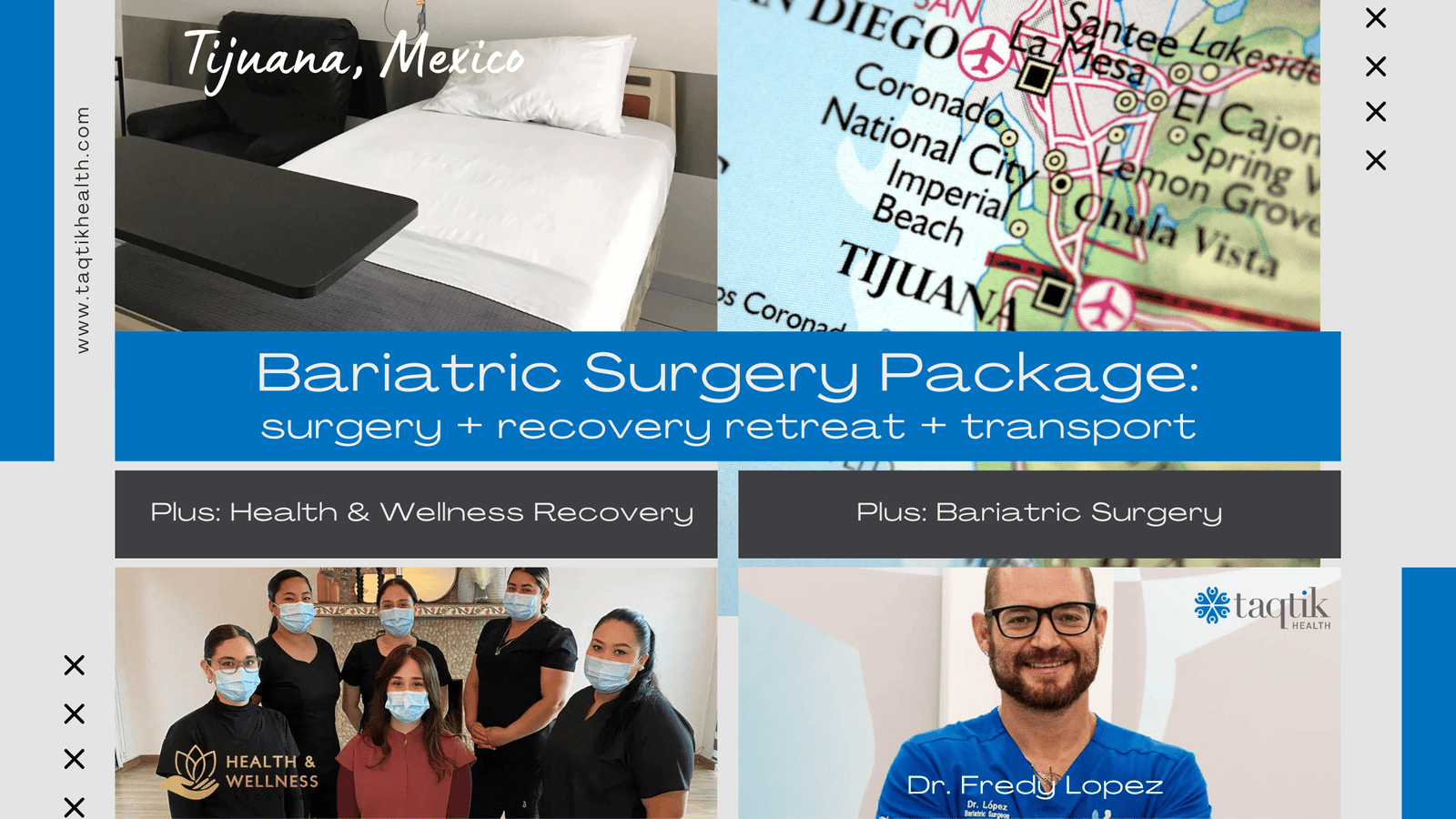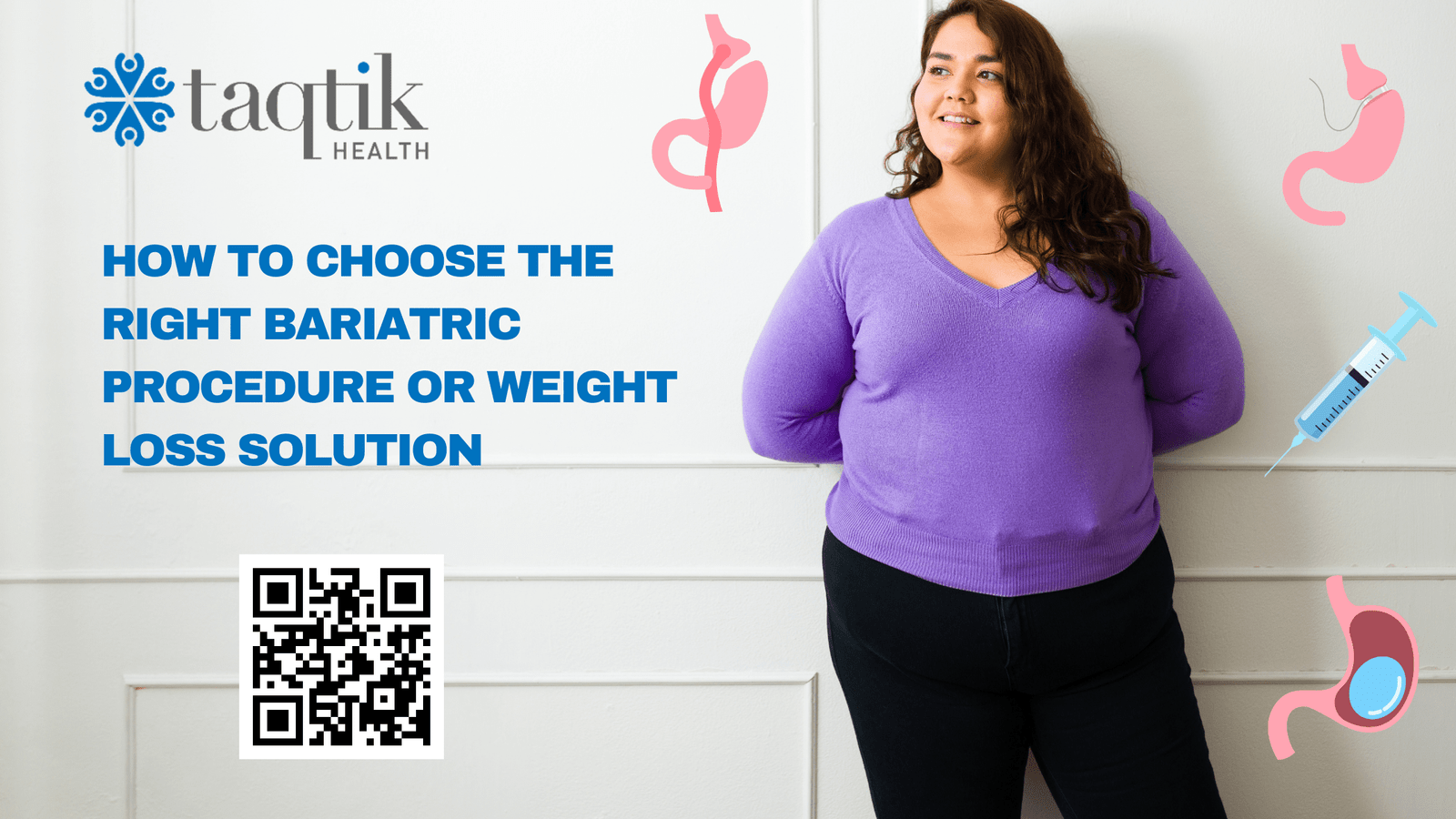
How to Prepare for and Recover From Bariatric Surgery
How to Prepare for and Recover From Bariatric Surgery
Getting bariatric surgery can be a life-changing experience, but the recovery can be long. You have to learn about what you can do to prepare for the procedure and how to recover once the surgery is complete.
Preparation
Getting ready for bariatric surgery is a process that starts months before the actual surgery. It is important to prepare yourself physically, emotionally, and psychologically. A healthy diet, regular exercise, and a commitment to behavioral changes are all important factors in achieving success.
The goal of bariatric surgery is to provide lasting health benefits for people who are severely obese. During the preparation process, patients should be screened for conditions such as diabetes, cardiovascular disease, high cholesterol, obstructive sleep apnea, and other medical conditions.
The preoperative period is a time to learn about the surgical procedure and the post-operative lifestyle plan. Patients who have surgery in their home countries should be prepared to stay home and have a caregiver for at least a week. They should also prepare a healthy pantry and supplement supply. Patients traveling abroad for surgery will have a medical team around the following surgery to assist with recovery.
The post-operative diet is based on a plan designed for the patient's individual needs. It is important for the patient to eat small amounts frequently and to avoid foods that don't provide enough nutrients.
Surgical procedure
Surgical procedures for bariatric surgery are performed to change how the body absorbs energy. They can help you lose weight and improve your health, but they also carry a certain amount of risk.
Bariatric surgery is usually recommended when other weight loss methods have failed. It can be helpful in the short term, but it also requires a long-term commitment. If you're interested in bariatric surgery, there are several types to consider.
Gastric bypass is one of the most common types of bariatric surgery. It is a procedure that cuts out a portion of your stomach and creates a pouch. The new pouch restricts the amount of food that you can eat. It also reduces the number of calories and liquids that you absorb. The small pouch also decreases the hunger and allows you to feel fuller more quickly.
Surgical procedures for bariatric surgery are performed using minimally invasive surgical techniques. These techniques allow for smaller incisions, shorter hospital stays, and a better patient experience.
Side effects
Despite the great improvements that bariatric surgery can make to a patient's health, there are also possible side effects of this surgery. While they are rarely life-threatening, they can be frustrating. These effects can be prevented if patients follow their doctor's instructions.
One of the more common side effects of bariatric surgery is constipation. This is characterized by fewer than three bowel movements a week. The condition is typically caused by the loss of weight and the reduction of food intake.
Another common post-surgical effect is iron deficiency. This condition affects up to 40% of bariatric surgery patients. Fortunately, there are several methods to prevent this from occurring.
Bariatric surgery can cause your body to experience a variety of hormonal changes. This can have an impact on your tastes and cravings. You may even start to dread certain foods you used to love.
Bariatric surgery can also reduce your appetite. The procedure affects the hormone ghrelin which is responsible for controlling your appetite. This means that you will not feel hungry as often as you used to.
Recovery
Whether you've had bariatric surgery or not, you should know that there are some basic steps you should take in order to ensure a smooth recovery. These include following your physician's directions and making lifestyle changes.
You will be on a liquid diet, which will be gradually replaced with a semi-solid diet. The diet is designed to ease your digestive system into the new lifestyle. You should also drink plenty of water. This is necessary to keep your body's organs hydrated, which is essential to the healing process.
You should also avoid lifting anything heavier than 10 pounds for at least a month after your surgery. You should also avoid sitting for long periods of time. If you do need to sit for a long period of time, try to move around regularly. This will help blood flow, and also keep your heart rate up.
You should also make sure you are eating a healthy diet. This will allow your body to heal faster. If you have trouble with your diet, you may want to see a nutritionist.
Remote Patient Monitoring (RPM): How Taqtik Health Helps Patients and Providers Stay Connected
Remote Patient Monitoring (RPM) is changing how healthcare providers support patients between visits. By using secure digital tools, RPM allows care teams to monitor patient progress remotely, improve engagement, and reduce administrative workload. Taqtik Health offers a modern Remote Patient Monitoring platform designed to support healthcare programs with simple onboarding, clear progress tracking, and secure...Continue reading→
Taqtik Health RPM: Your Partner in Post-Bariatric Surgery Success
At Taqtik Health, we understand that bariatric surgery is a powerful step toward a healthier, more fulfilling life. But we also know that the journey doesn’t end in the operating room. The real challenge and the real transformation happens in the months and years after your procedure. That’s why we created Taqtik Health Remote Patient...Continue reading→
Post-Bariatric and GLP-1 Post-Care to Maximize Results
Post-Bariatric and GLP-1 Post-Care to Maximize Results | Taqtik Health Introduction Undergoing bariatric surgery or starting GLP-1 (glucagon-like peptide-1) agonist treatments like semaglutide (Ozempic, Wegovy) or tirzepatide (Mounjaro, Zepbound) is a major step toward long-term weight loss and improved metabolic health. But these treatments are only part of the journey. What you do after surgery...Continue reading→
Remote Patient Monitoring for Obesity: A Smarter Way to Support Surgical and Non-Surgical Patients
Losing weight and improving your health is a personal journey—and it doesn’t always require surgery. Whether you're preparing for bariatric surgery, recovering from it, or trying to manage your weight and health without surgery, one thing remains constant: support matters. At Taqtik Health, we believe long-term success comes from daily progress, consistent accountability, and expert...Continue reading→
Bariatric Center J.L. Prado in Tijuana, Mexico: Your Destination for Advanced Weight Loss Surgery
Bariatric surgery has become a life-changing solution for individuals struggling with obesity and its related health complications. In recent years, Tijuana, Mexico, has emerged as a leading destination for affordable and high-quality bariatric procedures. One of the most trusted names in this field is Bariatric Center J.L. Prado, where a team of skilled surgeons, cutting-edge...Continue reading→
Transform Your Life with Our Bariatric Surgery Promotion in Tijuana Mexico
Transform Your Life with Bariatric Surgery at J.L. Prado Surgical Center in Tijuana, Mexico, with Dr. Fredy Lopez Are you ready to take control of your health and achieve long-term weight loss? Taqtik Health is excited to offer a special promotion for bariatric surgery at J.L. Prado Surgical Center with the renowned Dr. Fredy Lopez,...Continue reading→
Bariatric Surgery Case Study: Kael Sangnam
Background: Kael Sangnam, a 37-year-old with a BMI of 34.7, had been struggling with several health issues, including sleep apnea, shortness of breath, and persistent back pain. Despite various attempts to manage her weight, these health conditions continued to affect her quality of life. Realizing that these conditions were closely linked to her weight, Kael...Continue reading→
How to Choose the Right Bariatric Procedure or Weight Loss Solution
Choosing the right weight loss solution is a deeply personal decision that depends on various factors, including your health, lifestyle, and goals. At Taqtik Health, we understand the complexities involved in making this choice and aim to provide you with comprehensive information to help you make an informed decision. This guide will explore the different...Continue reading→
Transformative Journeys with Taqtik Health: Sarah and Miguel’s Stories of Bariatric Surgery and Total Body Makeover
Introduction The decision to transform one's body and regain health is a profound and personal journey. For many individuals, bariatric surgery is a crucial first step towards achieving a healthier lifestyle. However, the journey doesn't end there. In this blog, we share the inspiring stories of Sarah and Miguel, who chose Taqtik Health to assist...Continue reading→
How to Choose Your Ideal Destination for Bariatric Surgery: Cost Considerations and Factors
Welcome to Taqtik Health, where we pride ourselves on helping you make well-informed healthcare decisions. Bariatric surgery is a life-changing procedure, and choosing the right destination for your surgery is crucial for a multitude of reasons. To make your decision easier, we've put together this comprehensive guide featuring top medical tourism destinations for bariatric surgery:...Continue reading→











Leave a Comment
(0 Comments)